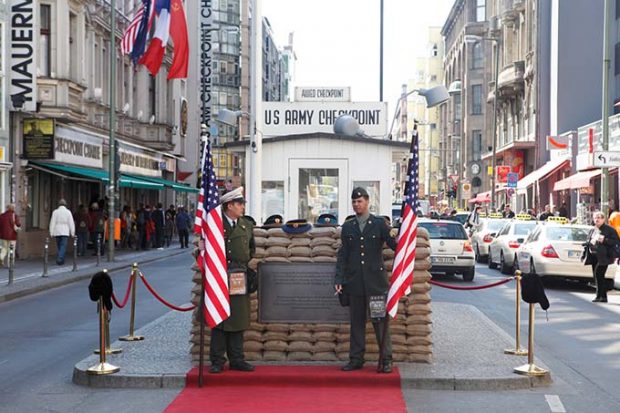
The relevance of unified Korean Peninsula for a future world – Part II: Lessons learnt: a unified Germany

By Dr. Hassan Humeida – Kiel, Germany
BERLIN: Germany is a prime example of economic success after reunification.
Germany had been divided for 41 years, from 1949 to 1990. After the Second World War, the United States (US), France, Britain and the Soviet Union (an association of countries that includes Russia) were in control of Germany. The West part, controlled by the US, Britain and France, became the Federal Republic of Germany (FRG (German: BRD)/West Germany) whereas the eastern part turned into the German Democratic Republic (GDR (German: DDR)/ East Germany).
In addition, the capital Berlin, which was placed the middle of Eastern Germany, was split in two parts, an eastern (communist) and a western (democratic) side.
During this separation, the people in both parts of Germany had very different life styles. The government of the GDR dictated how people lived, what jobs to take and what houses to live in. Over time, ever larger fences were built and contact between the two people was reduced to a minimum.

The famous Berlin Wall was a heavily guarded concrete barrier that physically and ideologically divided Berlin from 1961 to 1989. It was constructed by GDR. The soldiers were allowed to shoot at fleeing humans. Until the fall of the wall in 1989, more than 1,000 people had died in their attempts to cross the border from East to West Berlin. After the fall of the Berlin Wall on November 9, 1989, the GDR government initially distanced itself from considerations of German reunification.
However, the economic and political situation in the GDR became increasingly unstable and poor.
At the People’s Chamber elections in March 1990, the population of the GDR gave a clear vote for a reunification of Germany.
The Federal Republic and the GDR subsequently signed two treaties that regulated domestic political reunification: the Treaty on Monetary, Economic and Social Union and the Unification Treaty.
The foreign policy aspects regulated the “two-plus-four-contract”.
To commemorate the day that marks the official unification of the former East and West Germany in 1990, October 3 has since then been the official German national holiday, the Day of German Unity.
E-Mail: Hassan_humeida@yahoo.de


